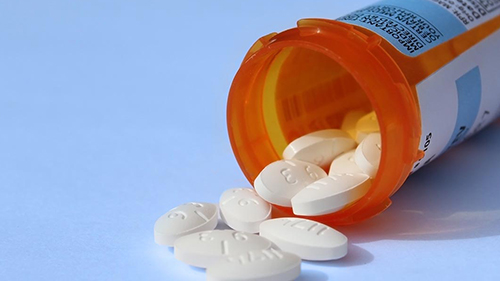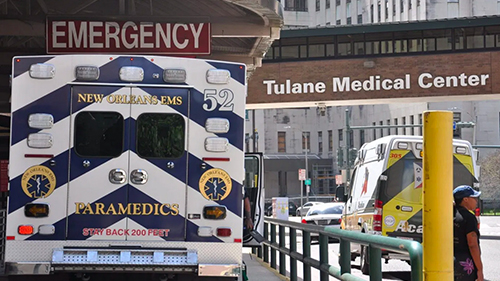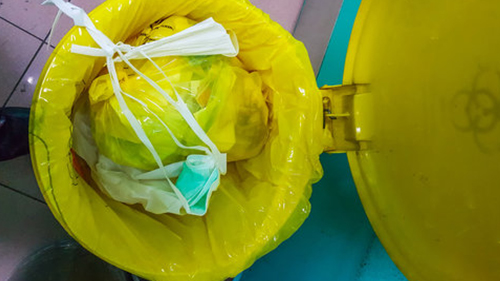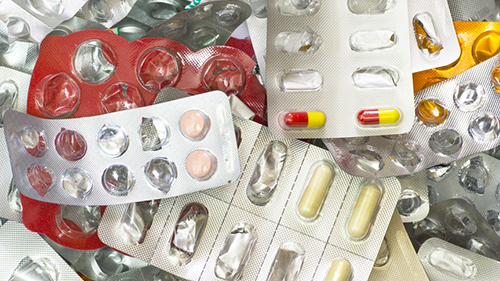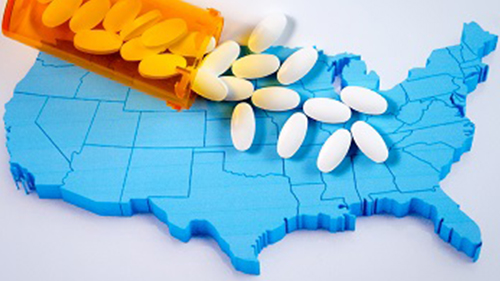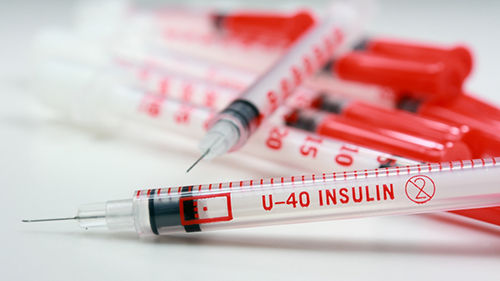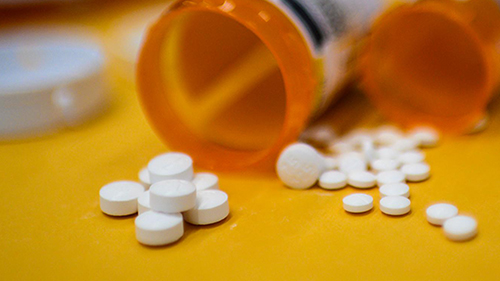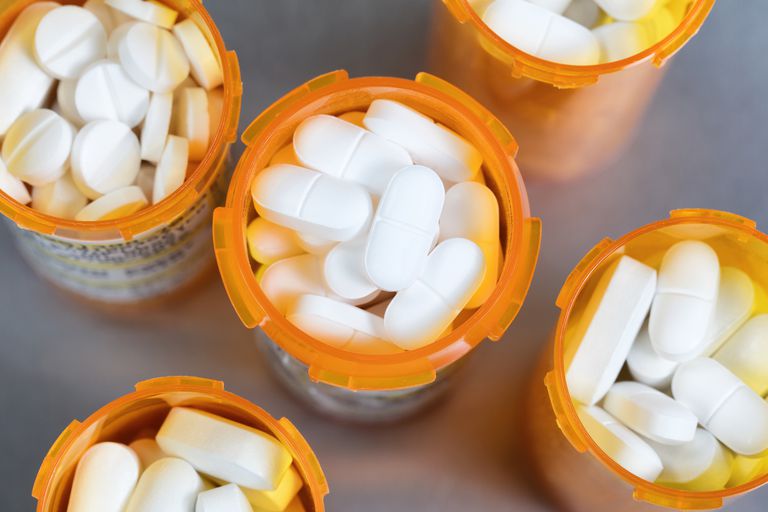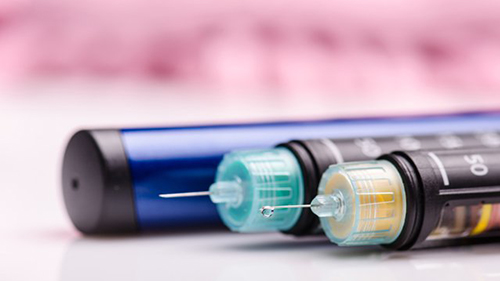AUSTIN, Texas, April 23, 2020 /PRNewswire/ In light of the DEA postponing National Prescription Drug Take Back Day, prescription savings destination RxSaver by RetailMeNot™ has outlined alternative ways for people to safely dispose of expired or unused medications. The annual medication disposal event was originally scheduled for this Saturday, April 25, but was postponed due to the COVID-19 pandemic. RxSaver encourages people to check their medicine cabinets and routinely remove expired or unused medications. If you need […]
Read MoreMedical Waste
At hospitals and on the curb, pandemic leads to more medical waste
Local hospitals are running through personal protective equipment at alarming rates in the wake of the coronavirus pandemic. That fact ultimately translates to excessive amounts of garbage contaminated with bodily fluids containing the virus, COVID-19. All of this used gear, whether it’s masks, gloves, booties, bed linens, or disposable gowns becomes what is termed medical waste, and must be disposed of safely. That means tossing all of it into an autoclave and literally scorching it […]
Read MoreWhen Medical Waste Handling Goes Wrong
Healthcare workers face unique occupational hazards. In what other field can an employee so readily experience burnout, chemical exposure, and sharps injuries that introduce pathogens to the body? Now, a new study has further bolstered the list of healthcare workers’ concerns, suggesting that medical waste handlers are at increased risk of hepatitis B virus (HBV). Recently published in the American Journal of Infection Control, the meta-analysis of 9 cross-sectional studies found that although just […]
Read MoreNew Safe Medication Disposal Rules for Nursing Homes
Is your facility in compliance with new EPA rules regarding disposal of pharmaceuticals? In August 2019, new regulations from the United States Environmental Protection Agency (EPA) went into effect regarding the safe disposal of hazardous waste pharmaceuticals at nursing homes and other long-term care facilities. In an effort to curb accidental poisonings or misuse and abuse of certain high-risk medications, staff are no longer allowed to flush these items away — a practice referred to […]
Read MoreMust-have gadgets for today’s pediatrician in 2020
EDITORS’ NOTE: The reviews presented in this article are Dr. Schuman’s and do not represent those of Contemporary Pediatrics or the editors. It’s been an outstanding year for medical innovation—in fact, one of the best I can recall. If you want to improve the capabilities of your “high-tech office,” consider the following gadgets and gizmos that are sure to impress. 1. New stethoscopes from Ekohealth No doubt you’ve seen advertisements from an innovative company […]
Read MoreOpioid Toolkit for Employers Released by NSC
The National Safety Council (NSC) released an “Opioids at Work Employer Toolkit” that employers can use to address workplace impacts of the ongoing opioid crisis. The NSC encouraged employers to implement robust drug-free workplace policies and called on employers to equip their workplaces with first-aid kits containing naloxone (an overdose reversal drug), provide supervisor education around opioid misuse, and offer access to treatment in their employee assistance programs (EAPs). “Two-thirds of American adults with […]
Read MoreCan Diabetic Employees Discard Insulin Needles in the Trash?
They are sharps, after all, so isn’t an extra layer of safety in disposal necessary? As experts at Safety.BLR.com® pointed out in an Ask the Expert question, the trash isn’t technically the proper disposal method—but by the same token, OSHA rules do not mandate that employers address syringes for personal use, which insulin injections would fall under. The proper disposal method is to place the used needle in a special sharps container for disposal […]
Read MoreBCCA Unveils New Tool to Fight Prescription Drug Abuse
BCCA’s incinerator will be used to destroy prescription drugs collected from nine permanent drug drop boxes across Baldwin County, AL. On average, 130 Americans die every day from an opioid overdose, including prescription and illicit drugs, according to the Centers for Disease Control and Prevention. Alabama’s Baldwin County Community Alliance (BCCA) has unveiled its newest tool to fight prescription drug abuse—an incinerator, which will be used to properly destroy prescription drugs collected from […]
Read MoreThe Nation’s Opioid Epidemic: HCA Healthcare’s Commitment to “Crush the Crisis”
A learning health system, HCA Healthcare is harnessing powerful data-driven tools to curb the tide of the opioid crisis. We seek to raise the bar higher, not just for ourselves, but for communities everywhere affected by opioids. Find out more here… We’re proud to announce our first national “Crush the Crisis” opioid take back day. On Saturday, September 7, 2019 more than 65 HCA Healthcare facilities will partner with local law enforcement agencies to […]
Read MoreEducation key to safe sharps disposal practices
People with diabetes threw out sharps safely when they were instructed in the correct disposal method, according to findings presented at the American Association of Diabetes Educators annual meeting. “Just distributing information may not be as valuable as taking time to provide proper instruction on home sharps disposal,” Jana Wardian, PhD, MSW, research director, at the Diabetes Center of Excellence and research assistant professor at the Uniformed Services University Wilford Hall Medical Center in […]
Read More